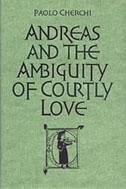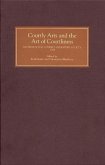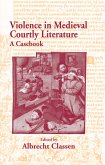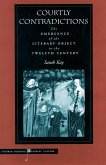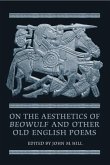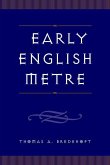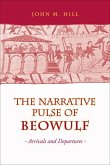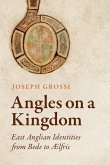A resolution to the vexed problem whether a troubadour's love is erotic or spiritual is offered by Paolo Cherchi through a new reading of Andreas Capellanus' "De Amore" (written around 1186-1196). He suggests that Andreas, using a rhetorical strategy that creates ambiguity, condemns courtly love because its claim that passion generates virtue is untenable and deceitful. Although Andreas grasped the core of the courtly love 'system, ' namely, the relation between passion and ethics, he failed to consider the notion of "mezura," that courtly virtue through which troubadours transformed nature into culture, and erotic passion into social discourse. Cherchi offers an innovative interpretation and a close reading of selected poems. He traces the history of ProvenAal lyric poetry, highlighting some of the significant personalities and movements.
Hinweis: Dieser Artikel kann nur an eine deutsche Lieferadresse ausgeliefert werden.
Hinweis: Dieser Artikel kann nur an eine deutsche Lieferadresse ausgeliefert werden.

